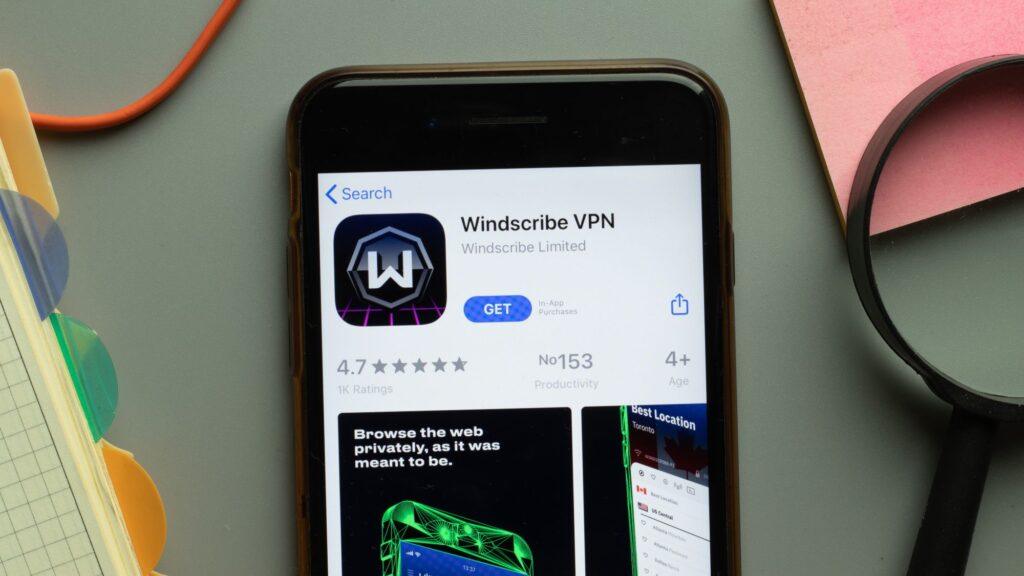- Windscribe just strengthened its VPN security with a new post-quantum update for the WireGuard protocol
- Update helps protect your data against future quantum decryption threats
- Windscribe already offered post-quantum encryption (PQE), but this update adds an extra layer of security and is now available to all users.
Windscribe has released a major security update for its VPN, updating its WireGuard protocol with new post-quantum protections.
The update builds on Windscribe’s existing security framework and is designed to keep user data safe, not just today, but in a future where quantum computers can crack current encryption methods. Windscribe has already offered post-quantum protection at a more basic level, but now it has reinforced it with an additional layer of security.
You may not notice this in everyday use, but this kind of future-proofing could definitely help Windscribe rival some of the best VPNs. That’s how it works.
How does the new Windscribe update work?
Windscribe is a VPN with a strong focus on security, and this latest update highlights that commitment by strengthening its defenses against quantum computers. This change affects connections made through the WireGuard VPN protocol.
In a blog post, Windscribe highlights the dangers ahead as quantum computers may one day become commonplace. It all comes down to encryption and how easy or difficult it is for a threat actor to decrypt encrypted information.
While the computers we know and use today would need an immense amount of time to decrypt data, quantum computers can do so much faster, making standard encryption methods less reliable against such attacks.
The future is here! And we are prepared for it. Quantum computing poses a threat to conventional encryption and your online security. But starting today, you don’t have to worry. We now have post-quantum encryption for our VPN. More details on our blog: https://t.co/fMY84nPbwMOctober 8, 2025
Windscribe now strengthens the way your VPN connection exchanges encryption keys, which are essentially the foundation of how your data is protected. The new system uses a “hybrid” approach that combines traditional encryption with post-quantum algorithms, ensuring that even if quantum computers become powerful enough to break current cryptography, the intercepted data will remain unreadable.
Windscribe already offered post-quantum protections through the PresharedKey (PSK) parameter in WireGuard. However, PSK was previously exchanged using classical encryption methods; Now, this process also uses a post-quantum resistant encryption algorithm.
The key rotates every time you log in to the Windscribe app. The update is available for desktop, Android, and iOS users. To enable it, simply log out and log in to your Windscribe VPN app, then connect using the WireGuard protocol.
Windscribe paves the way for the VPN security of the future
We do not yet live in a post-quantum world, but that day will come and VPNs must be ready. Windscribe was already ahead of the curve with post-quantum encryption on its WireGuard connections, and this new update brings it to the front of the line.
Still, it’s not the only VPN service that is aware of the threat of quantum computers against common encryption methods.
After adding post-quantum protection into its proprietary Lightway protocol, ExpressVPN also recently began supporting WireGuard in a bid to support a broader transition to post-quantum VPNs across the industry. Meanwhile, NordVPN has extended post-quantum encryption to all apps after a limited Linux-only release in 2024.
Other VPN services currently offering post-quantum encryption also include Mullvad, AdGuard, and PureVPN, with Surfshark and NymVPN expected to join the list soon.
Last year, the National Institute of Standards and Technology (NIST) published the first set of quantum-resistant encryption standards. After this change, we can expect to see more and more VPN providers embrace the future and prepare for it with PQE.




